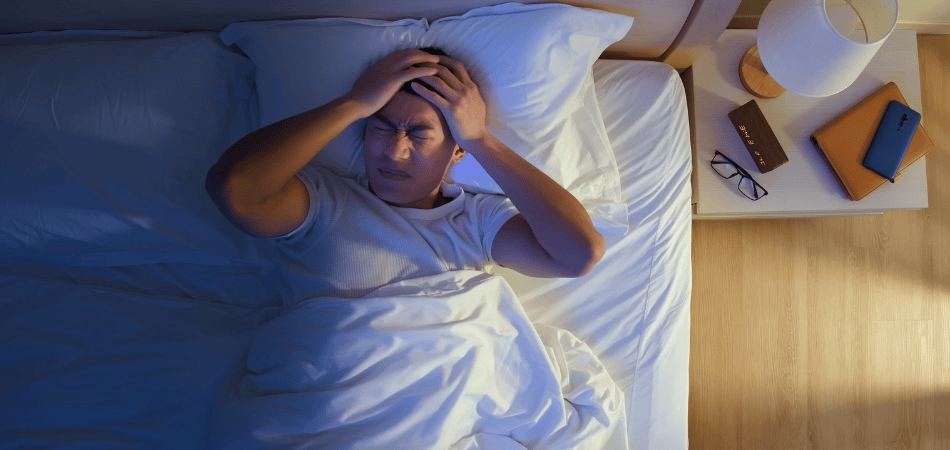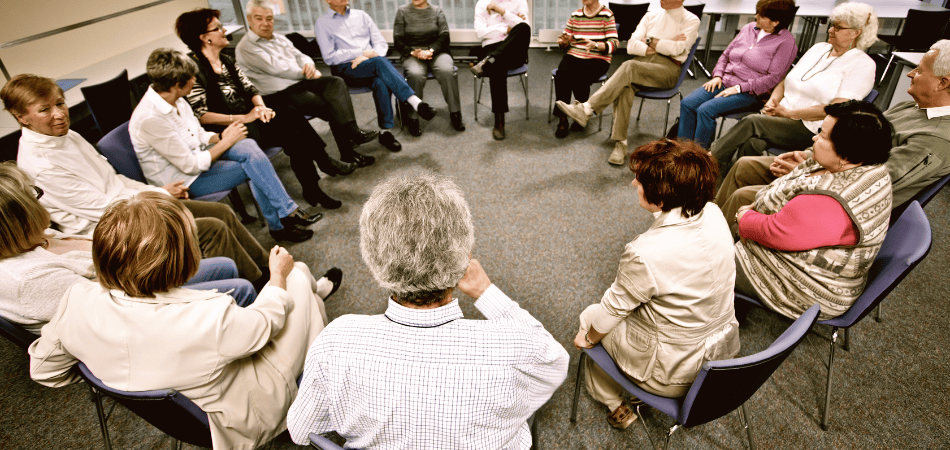
Written by:

Medically Reviewed by:
This Page was last reviewed and changed on February 14th, 2025
Lorazepam addiction
What is Lorazepam?
Lorazepam is a type of benzodiazepine medication that’s commonly prescribed to help with anxiety disorders, sleep problems and sometimes seizures. It works by calming the brain and nervous system, which is why it’s often used for short-term relief of severe anxiety or to manage symptoms of alcohol withdrawal. Doctors may sometimes prescribe it before surgery to help ease preoperative nerves.
In the UK, Lorazepam is a prescription-only medication, meaning you can’t buy it over the counter. It’s also classified as a controlled substance due to its potential for misuse and addiction, so it’s carefully regulated, and prescriptions are typically given for short periods only to minimise risks.
Why is Lorazepam addictive?
Lorazepam can be addictive, especially if it’s misused, but it’s important to know that addiction can still develop even if you’ve been taking it as prescribed. Because Lorazepam belongs to a group of medications known as benzodiazepines, it’s designed to calm the brain and body. This calming effect is also what makes it so addictive.
Over time, your body can get used to the drug and start relying on it to feel relaxed or normal, leading to a cycle of dependence that can sneak up on anyone. Even if you’ve followed your doctor’s instructions, it’s crucial to keep tabs on how you’re feeling and watch out for any signs of dependency.
How can a person become addicted to Lorazepam?
It doesn’t matter if Lorazepam was prescribed to you by a doctor or taken recreationally — because it’s a benzodiazepine, there’s always a chance of becoming hooked. Benzos, like Lorazepam, work by calming the brain and body, which can lead to physical dependence over time. Let’s look at some of the different ways addiction can form, whether it started with a legitimate prescription or not.
Misusing the prescribed dosage
Even if you start by taking Lorazepam exactly as prescribed, it’s easy to misuse the dosage. You might begin taking a little more than directed to feel better or to experience the effects faster. Over time, this can increase your tolerance, meaning you’ll need higher doses to get the same relief. What started as taking an extra pill here or there can quickly lead to a cycle of dependence.
Using Lorazepam recreationally
Some people are introduced to Lorazepam recreationally, using it for its calming and euphoric effects. When taken this way, especially in higher doses than prescribed for medical use, the drug’s addictive potential becomes even stronger. The relaxation and relief it offers can create a psychological craving for the drug, leading to more frequent use and eventual dependence.
Taking Lorazepam for longer than intended
Benzodiazepines like Lorazepam are usually prescribed for short-term use due to their addictive nature. However, if you’re taking it for an extended period, even with a prescription, you may unknowingly develop a physical dependence. Your body can become used to having the drug in your system, leading to withdrawal symptoms when you try to stop.
Mixing Lorazepam with other substances
Mixing Lorazepam with alcohol or other drugs is another common avenue toward addiction. Both Lorazepam and alcohol depress the central nervous system, which can enhance their effects and make it more likely for someone to use the drug repeatedly. This combination can be dangerous and significantly increases the risk of both addiction and overdose.
By understanding these different paths, it’s clear that addiction to Lorazepam can happen even if you start using it for the right reasons. Keeping an eye on how much and how often you take it and seeking help if you notice signs of dependence can help prevent addiction.
Am I addicted to Lorazepam?
Addiction can sneak up on anyone, and the same is true for Lorazepam. Even if you’re taking it as prescribed, it’s crucial to keep tabs on yourself to ensure that you’re not developing a dependence. Sometimes, what feels like responsible use can slowly evolve into something more problematic without you even realising it. One of the best ways to check in on yourself is by answering honest questions about your relationship with the drug.
Here are five questions to ask yourself. If you answer ‘yes’ to any of these, it may be a sign that you’re becoming addicted to Lorazepam:
- Do you feel like you need to take more Lorazepam than before to get the same calming effect?
- Have you tried to cut down or stop taking Lorazepam but found it difficult to do so?
- Do you find yourself reaching for Lorazepam to manage stress or anxiety more frequently than your doctor recommended?
- Have you experienced withdrawal symptoms, such as anxiety or irritability, when you’ve tried to stop or reduce your use of Lorazepam?
- Do you feel worried or anxious about running out of Lorazepam or not having it on hand?
Answering ‘yes’ to any of these questions might indicate a dependence and it’s important to reach out for help if you’re concerned about your usage.
Where can I get help for Lorazepam addiction?
If you’re struggling with Lorazepam addiction, Liberty House offers a specialised rehab programme designed to support you through every step of recovery. Their programme begins with detox, a necessary stage to safely remove Lorazepam from your system. Detox is important because it allows your body to adjust to life without the drug, helping to reduce cravings and manage withdrawal symptoms under medical supervision.
After detox, you’ll engage in a variety of therapies to address the psychological aspects of addiction. Liberty House provides traditional therapies like Dialectical Behaviour Therapy (DBT) and group counselling, which help you understand the emotional triggers behind your addiction. They also offer holistic therapies such as yoga and art therapy, which support your mental and physical well-being, helping you to manage stress and find healthier coping mechanisms.
Once rehab is complete, Liberty House offers aftercare services that act as a safety net, ensuring you have ongoing support as you transition back into everyday life. These services are crucial for maintaining your recovery and helping you stay on track as you rebuild your life after addiction.
Reach out to Liberty House for help and take that first step toward recovery with our dedicated Lorazepam addiction treatment programme









